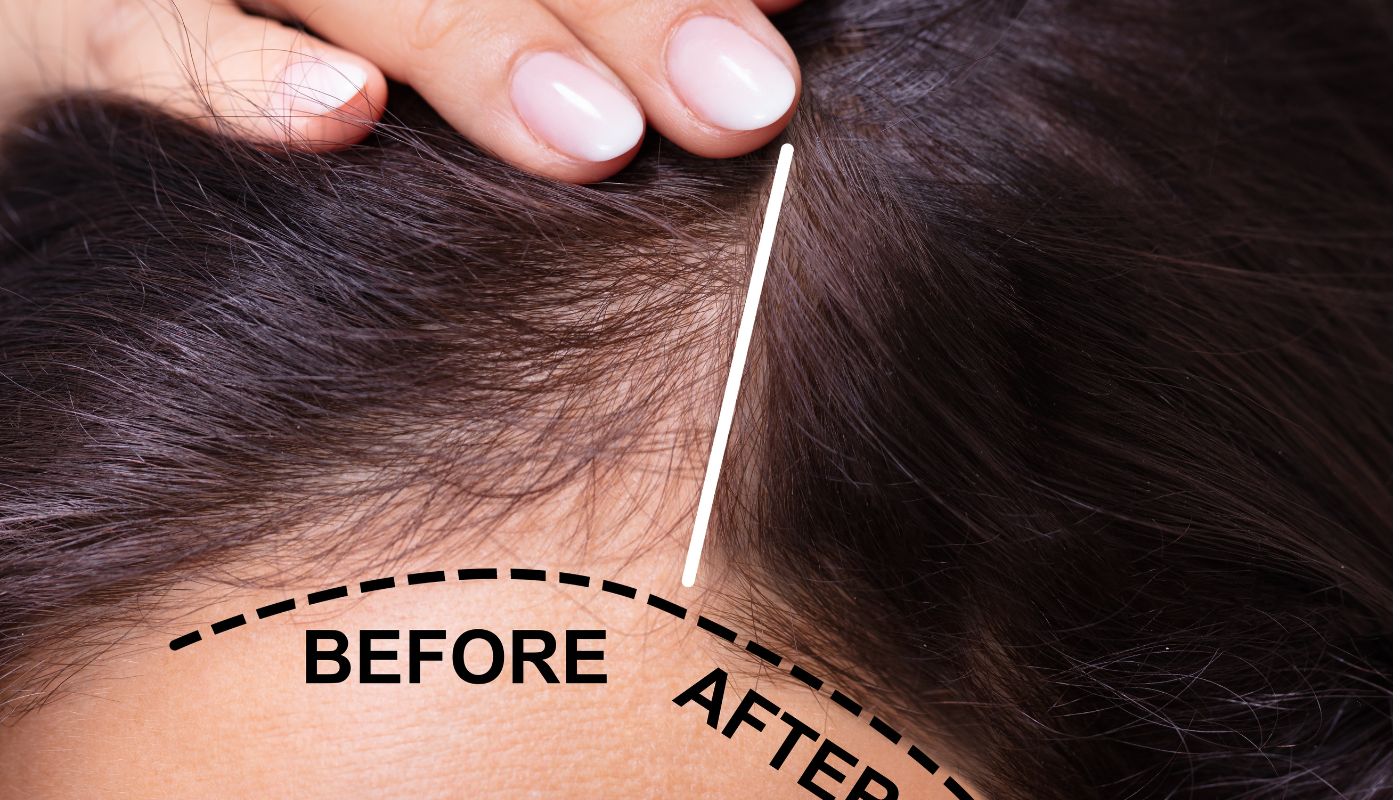Hair loss can have a significant impact on a person's self-confidence and overall well-being. Whether caused by genetics, hormonal changes, or other factors, losing hair can be distressing and affect one's self-image. However, there are several cosmetic treatments available that can help address hair loss and restore confidence. In this blog, we will explore some of the popular cosmetic treatments for hair loss.
- Hair transplantation is a surgical procedure that involves taking hair follicles from a donor area (typically the back of the scalp) and implanting them into the areas experiencing hair loss. This procedure can provide natural-looking and permanent results, as the transplanted hair follicles continue to grow hair in their new location.
- PRP therapy is a non-surgical treatment that uses the patient's own blood plasma, enriched with platelets, to stimulate hair growth. The platelets contain growth factors that promote hair follicle regeneration and improve hair thickness. PRP therapy is administered through injections into the scalp and can be performed in conjunction with other hair loss treatments.
- Scalp micropigmentation is a non-invasive procedure that involves depositing pigments into the scalp to create the appearance of a closely shaved head or to add density to thinning areas. It can effectively mimic the look of hair follicles and provide the illusion of a fuller head of hair. Scalp micropigmentation is a suitable option for both men and women with various degrees of hair loss.
- Low-Level Laser Therapy (LLLT) is a non-invasive treatment that uses red light wavelengths to stimulate hair follicles and promote hair growth. It is commonly performed using laser caps or combs, which emit low-level laser light onto the scalp. LLLT can be used as a standalone treatment or in conjunction with other hair loss therapies.
- Hair loss concealers are cosmetic products that help camouflage thinning hair by attaching to existing hair strands and creating the illusion of thicker hair. They come in various forms, such as powders, sprays, or fibers, and can be applied directly to the scalp or hair.
- Hair Loss Medications: There are FDA-approved medications available, such as minoxidil (Rogaine) and finasteride (Propecia), which can help slow down hair loss and promote hair regrowth. These medications work by either stimulating hair follicles or blocking the conversion of testosterone to dihydrotestosterone (DHT), a hormone linked to hair loss.




